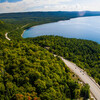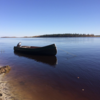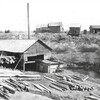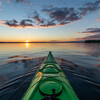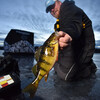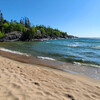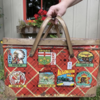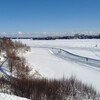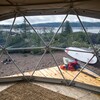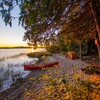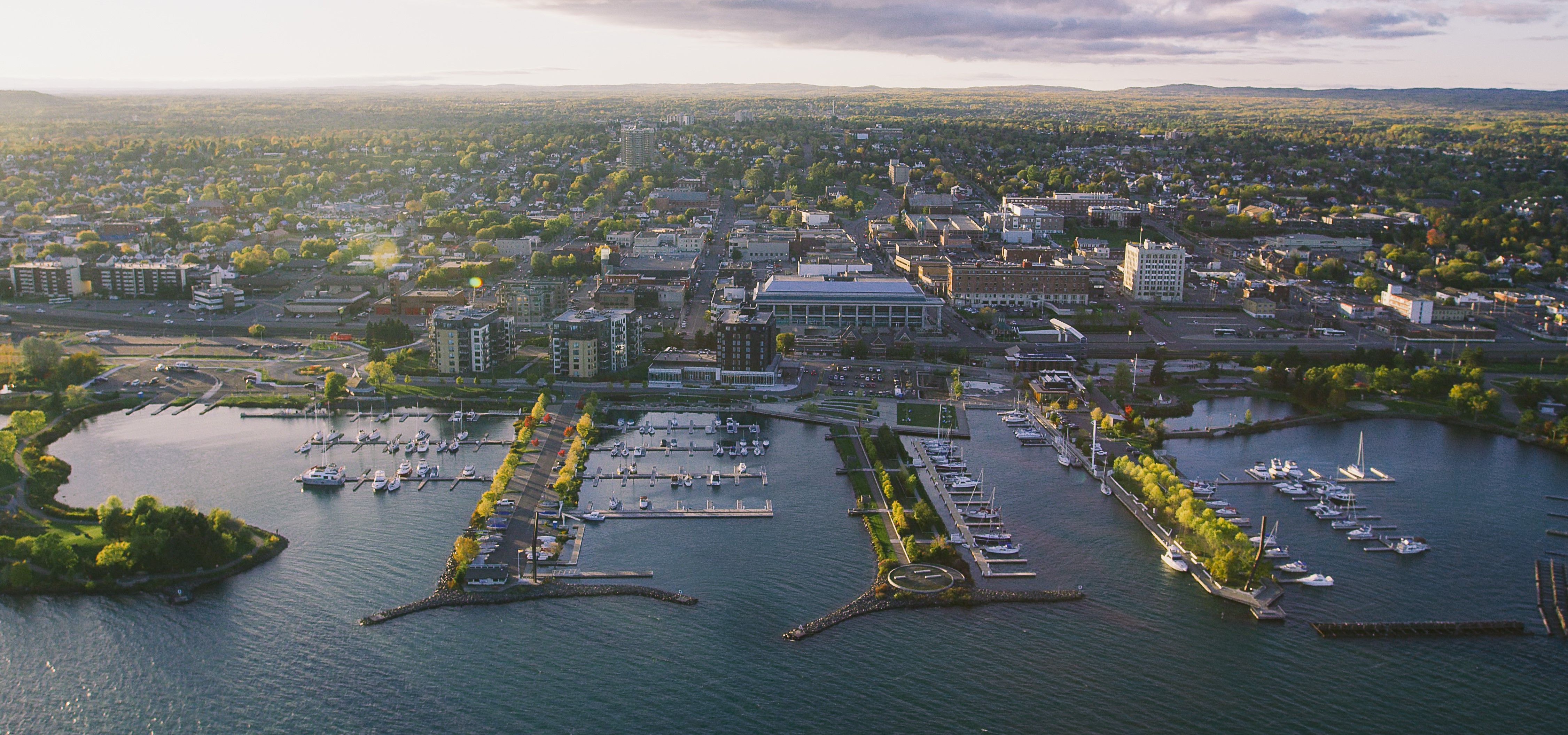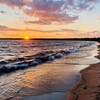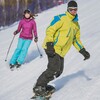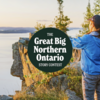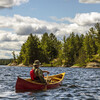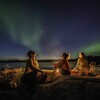
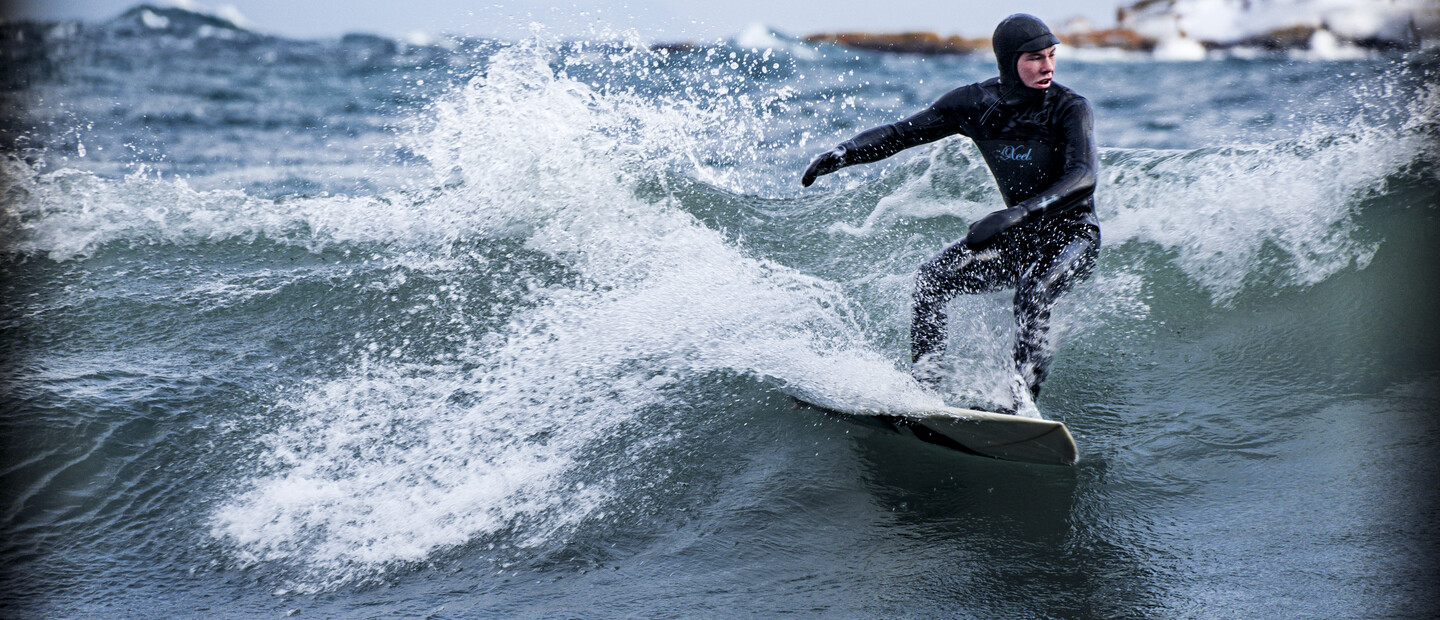
A Surfer’s Guide to Northern Ontario
Tofino, Honolulu, Malibu…Thunder Bay? It may not be the first city you’d think of to catch a wave, but believe it or not, the Great Lakes are host to a small, but mighty surfing community, including the Great Lakes Surfing Club, a student association affiliated with Lakehead University in Thunder Bay.
If you’ve tried ocean surfing before, surfing a lake will be a new—and rewarding experience. “It's a different beast, being on the lake,” says Zak Williams, co-director of the Great Lakes Surfing Club. “Sometimes it can be less forgiving. Sometimes it can be more sporadic, but it's what pulls us all together.”
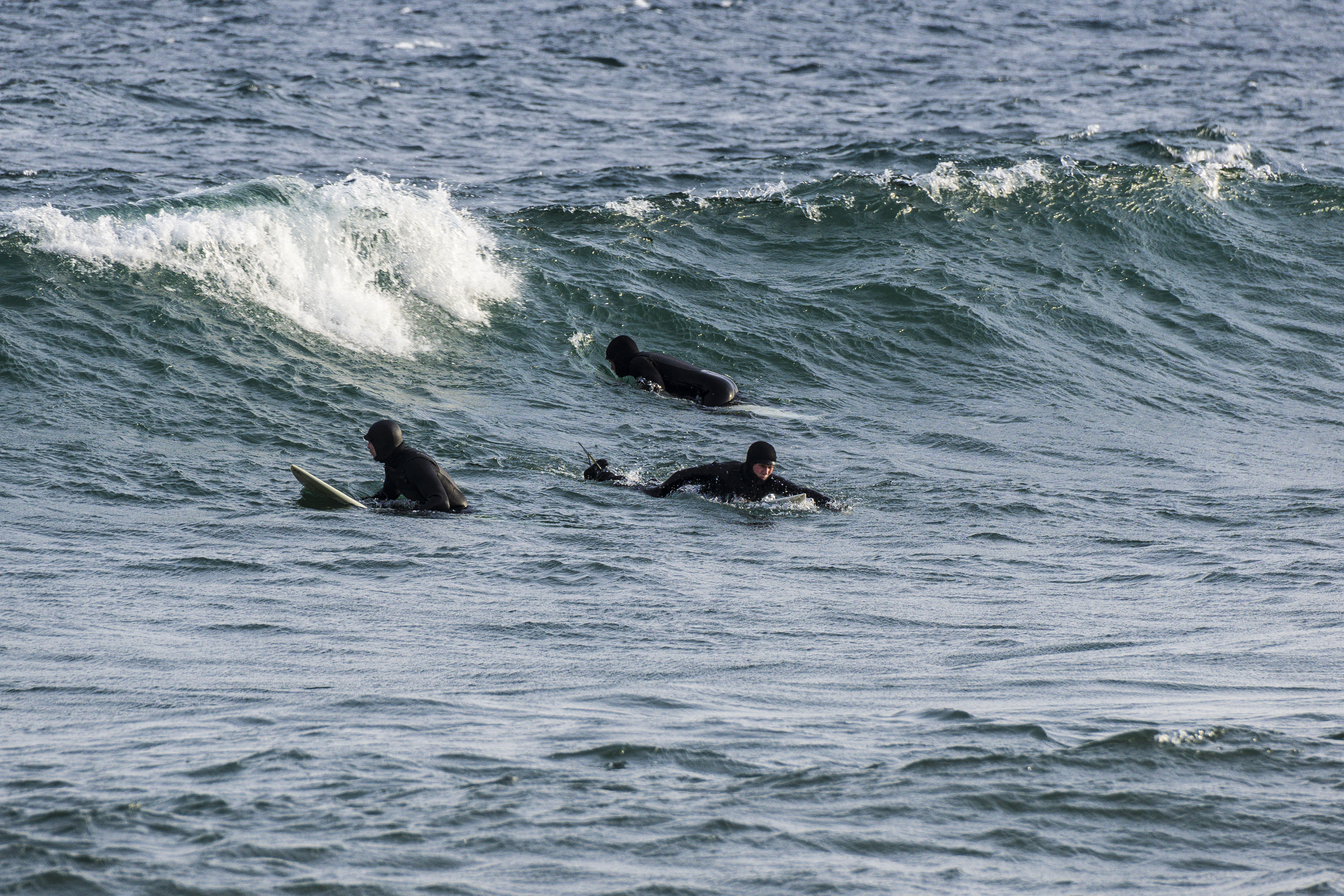
Because freshwater surfing can be unpredictable (and cold!), whether you are a new or experienced surfer, you will definitely want to be prepared before heading out—read on for some tips.
Where Can You Surf in Northern Ontario?
Manitoulin Island offers swells from Lake Huron
Madeline Leblanc, the Surf School Director at Surf the Greats—a shop and school offering surfing apparel, lessons and information specific to the conditions of the Great Lakes—says, “There's definitely something very magical about Superior.”
She regularly surfs in the GTA and Niagara regions, but when she surfed Lake Superior, she says, “I've never experienced energy so much like the ocean on a Great Lake…If I had a chance to go back there, hands down, I would go back in a heartbeat.”
Because surfing on the Great Lakes is largely dependent on the weather creating the swells, a surf forecast site like surf-forecast, Great Lakes Surf Radar, or Surfline, is essential to get a sense of where waves will be and when. They also provide helpful information like swell height and direction, and reviews of the spots from other surfers.
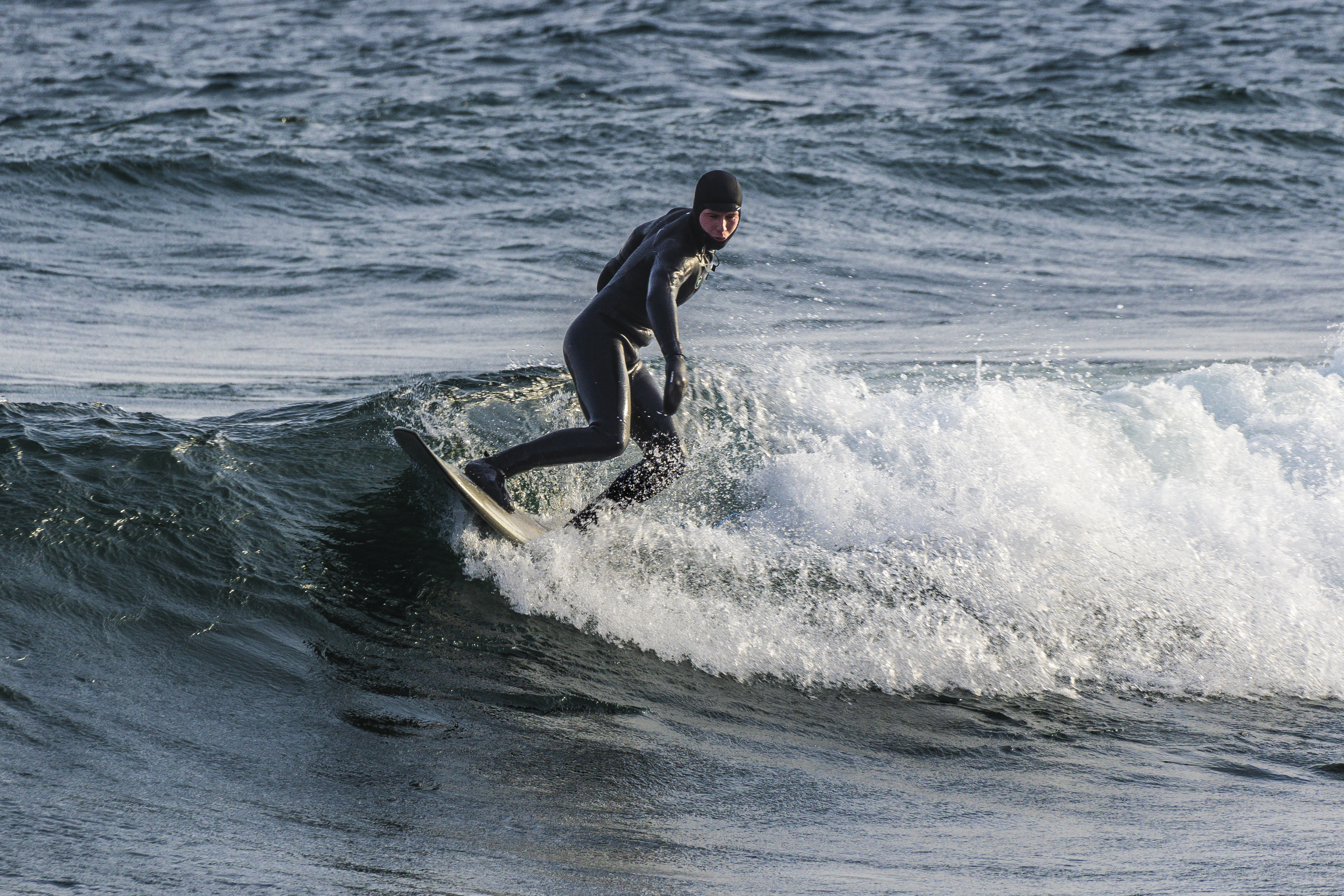
How is Freshwater Surfing Different From Saltwater Surfing?
If you’ve previously gone ocean surfing, Zak says some of the differences you might notice when surfing on the lake are:
- The lake is less consistent.
- The waves are closer together.
- The waves may be smaller.
- They're not as easy to come by.
“There's simply days where it is flat, and there are days when the wind is going in the opposite direction than you want it to, and there's nothing you can do about it,” he says, “The people on the south shore are getting waves and you're not…But, it adds to the mission of it. It's not something that you can just go out and do every day.”

What Time of Year Provides the Best Swells in Northern Ontario?
Late summer to spring is when you’ll experience the best conditions – and yes, that includes winter! Because the conditions are cooler year-round, you’ll definitely want to be prepared with the appropriate gear.
Madeline recommends a 4/3 mm wetsuit for warmer weather, and in the winter, a 5 mm wetsuit at a minimum, along with a neoprene hood, booties, and mitts. “It gets really cold in terms of the air and the water,” she says, “We're pretty much surfing in water that's just above freezing.”
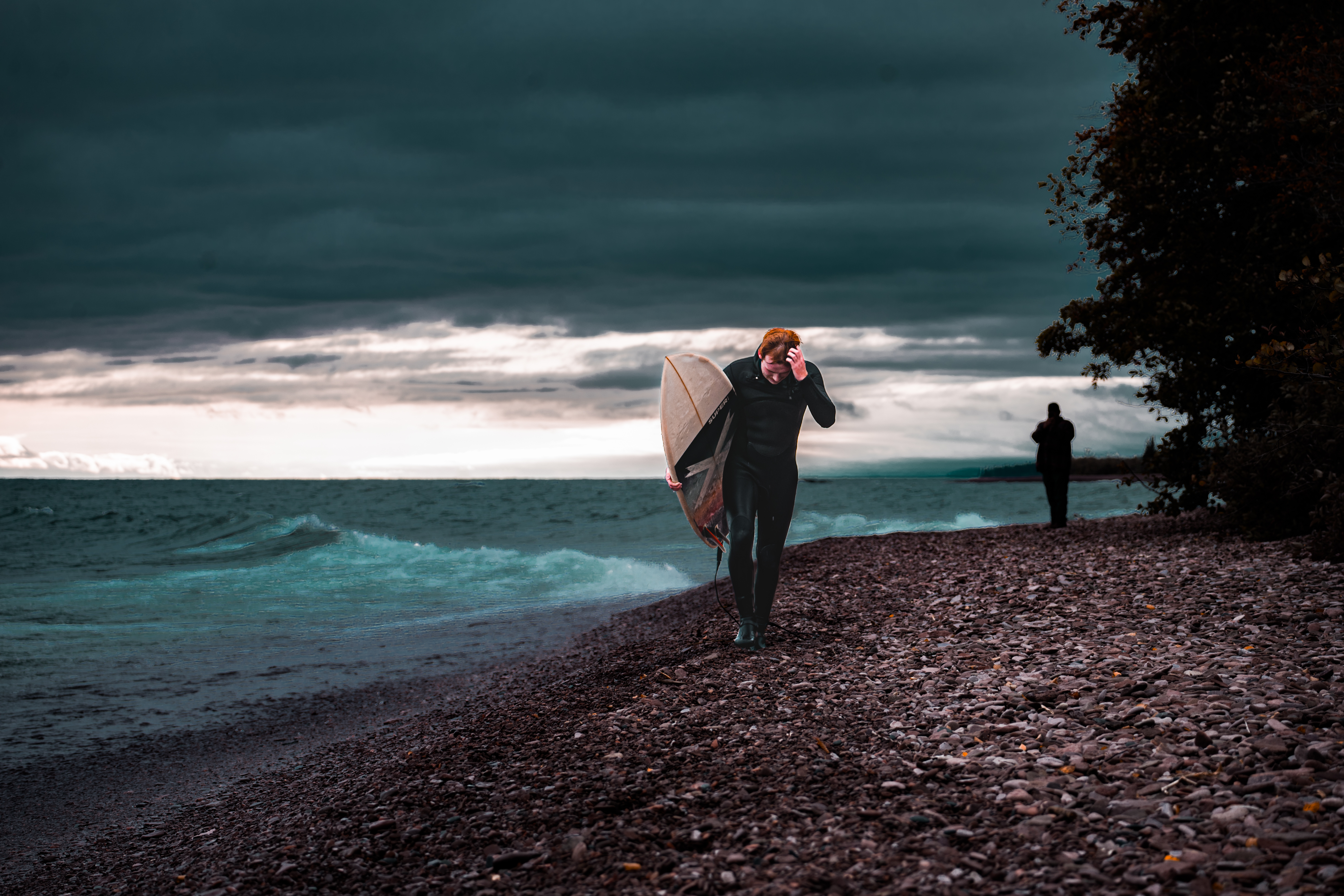
Great Lakes Surfing Safety Tips From Madeline
- You should have a basic understanding of how to swim.
- Know your abilities and stay in conditions that suit your abilities, and then slowly work your way up.
- The Great Lakes aren’t as big as oceans, but they can be as powerful as oceans even with just the wind, so always respect Mother Nature.
- When we surf in the winter, sometimes ice can be a factor, so keep that in mind before you go out.
- Have a safety exit plan—know where to safely get in the water, and where you can safely exit. For instance, if you surf a wave to this point, can you get out of there easily?
- In terms of cold water, definitely have the proper gear and come up with a plan for how long you want to be in the water for. I always recommend people bring a hot water bottle with them in their car, because you may need to melt some ice off your wetsuit, etc.
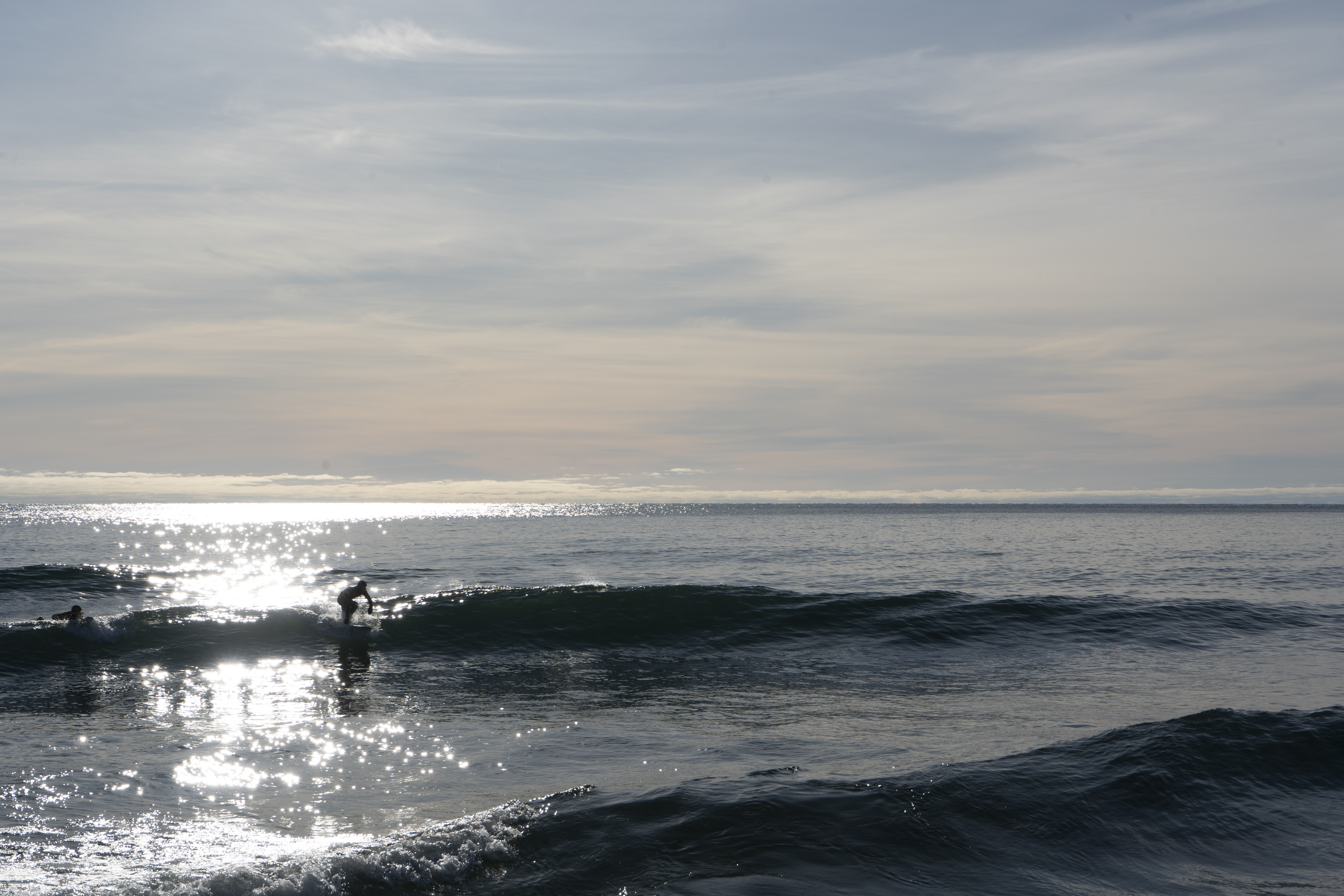
Where to Find Surf Lessons or Gear in Northern Ontario
- The Great Lakes Surfing Club at Lakehead University is happy to provide information and has some gear they are able to rent out. “What we like to do is make sure that the information is out there, and we support people in whatever ways we can to get them out on the water,” says Zak.
- While Surf The Greats is based in Toronto, they offer lake surf lessons in the GTA and Simcoe/Niagara regions, and rent gear.
- Superior East Board Shop in Algoma sells new and used boards and gear.
Ready to get out and hang ten? “The lake is such a warm-hearted community that everyone is welcome. We want to see more people at the break,” says Zak, “We want to see as many people as we can getting to experience this beautiful sport.”
Not sure about surfing? There are plenty of other ways to experience your perfect summer in Thunder Bay, like stand-up paddleboarding, fishing and hiking the Giant.

Recommended Articles
Northern Ontario’s Most Unique Stays

U-Pick Berries and Fruit in Northern Ontario

The Best Ice Cream in Northern Ontario: Where to Go This Summer
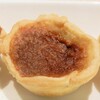
Fueling the Adventure: A Sweet Butter Tart Road Trip Through Northern Ontario
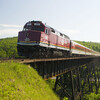
Top 10 Things To Do in Northern Ontario
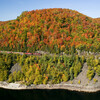
See the Leaves Change: Fall Colour Report Ontario 2025
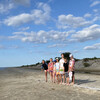
7 Amazing Northern Ontario Islands You Must Visit
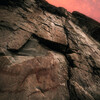
The Agawa Rock Pictographs

6 Dark Sky Preserves in Ontario

Best Vinyl Record Stores Ontario (That aren't in the GTA)
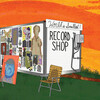
The World's Smallest Record Store Is Not Where You'd Expect
The Northern Ontario Beer Trail: 8 Essential Stops For Beer Lovers

12 Times TikTok Was So Northern Ontario
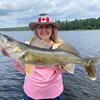
7 Species Worth Fishing for in Ontario
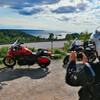
10 Sights To See By Motorcycle In Northern Ontario

A Road Trip to Red Lake

The Eagle
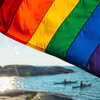
Pride Events in Northern Ontario 2025
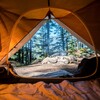
How to Book a Campsite in Ontario

9 Films About Northern Ontario You Have To Watch

7 Stompin’ Tom Connors Songs About Northern Ontario
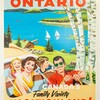
17 Amazing (and Random) Vintage Ontario Tourism Ads That Will Definitely Make You Want to Travel This Summer
